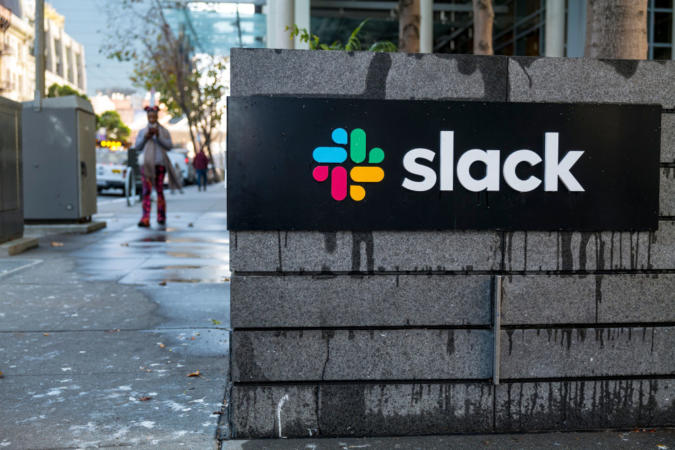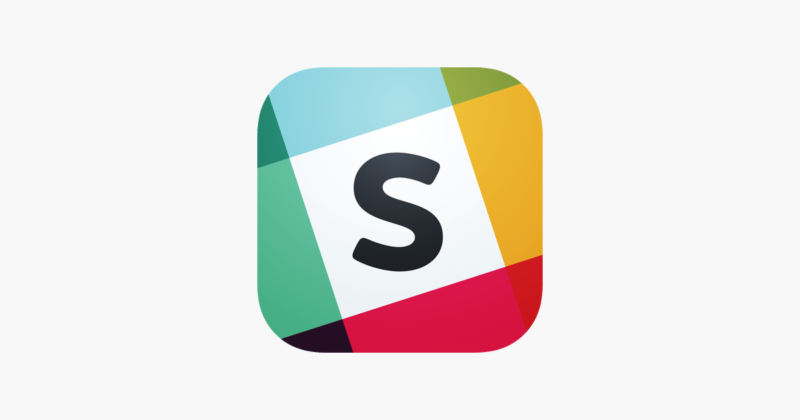All results

If there is one thing that we’ve learned in this past year, it’s that Black employees will not continue working at companies that don’t value them. Slack is learning this the hard way after recently sharing some of its diversity insights in an annual report. The company has 2,527 global employees, 516 of which were hired last year alone. Only 4.5 percent of Slack’s employees are Black, while 53.1 percent are white and 28.3 percent are Asian. The company said in the report that it has seen an “overall decline in underrepresented minorities,” which isn’t good since Slack continues to expand its team year over year. This report ultimately shows that Slack is lacking severely with its diversity and inclusion efforts, despite executives saying they want to implement change. “While we know we haven’t—and won’t—always get it right on the first try, we’re committed to listening to our employees, meeting them where they are with tools, resources and support that are most resonant for them,...

Communications software maker Slack has added a new addition to their leadership as the company continues to push forward. Nadia Rawlinson — the former chief human resources officer for Live Nation Entertainment — will step into a new role as Slack’s Chief People Officer where she will help the company navigate and manage its growth and development, a news release reports . Additionally, Rawlinson will oversee all employee and workplace operations at the company, including global recruiting, people operations, total rewards, organizational effectiveness, and program management. She’ll also help Slack transition into a new direction as they continue to address COVID-19 and its impact on its employees and office spaces. “I couldn’t be more thrilled to be joining Slack as its new Chief People Officer,” said Rawlinson in a statement . “During these uncertain times, supporting Slack’s employees and prioritizing a strong, inclusive culture is more important than ever.” She added: “I...

This week Slack announced that it has removed more than two dozen accounts linked to known hate groups from its platform. “The use of Slack by hate groups runs counter to everything we believe in at Slack and is not welcome on our platform,” Slack said on its website. Facebook, Twitter and other social media platforms have increasingly been used to spread bigoted ideologies and highlight violence that Slack wants no part of. A survey from the Anti-Defamation League showed that 2018 was a record year for online hate and harassment. It seems that 2019 will not be reversing the course despite platform’s removal of such groups. The survey did not name Slack as an online location where users experienced hate speech — this could be because the platform is mostly used in professional environments where the behaviors would be punished externally. Facebook has done mass removals of groups, ads, and pages associated with hate groups over the past few months. Following its policy updates...

Using automation to tackle gender bias in the workplace has proven to be a difficult task for many companies. In some cases, trying to solve the issue has amplified the problem. For example, Amazon had to get rid of one of its AI human resources tool that discriminated against women applicants. And last year, Google Translate had to update its algorithm to stop the tool from only returning masculine translations to gender-neutral terms. Now, Slack’s new plug-in, #BiasCorrect, is changing the way people speak about women at work. #BiasCorrect was launched by Catalyst, a non-profit dedicated to making workplaces more women-friendly. The plug-in used automation to suggest alternative terms and phrases when Slack users describe women coworkers using words with negative connotations. For example, if someone types “she’s so aggressive,” #BiasCorrect will offer terms like “passionate” or “focused” to point out the user’s unconscious bias. Since the launch of the plug-in, women across...